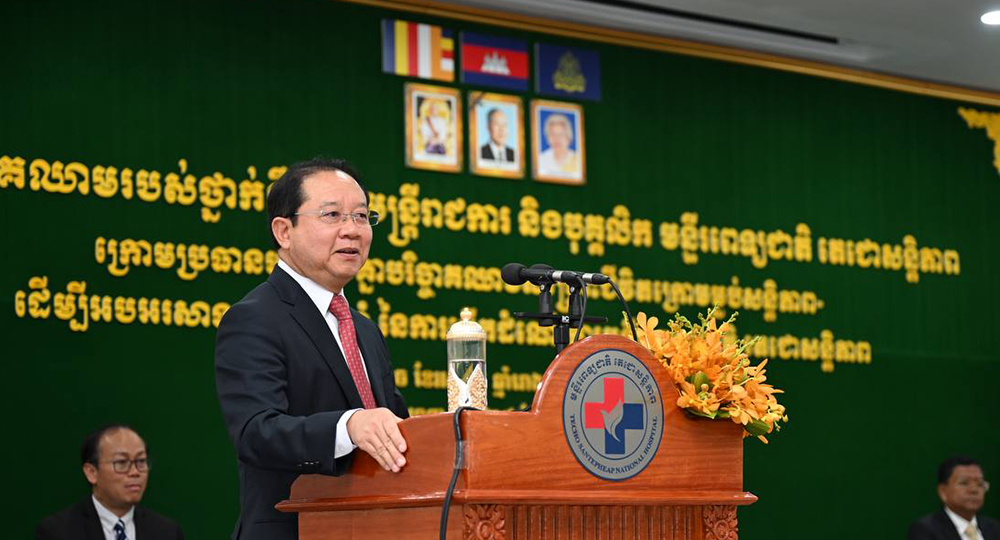ASAIHL Elects New Leadership at Surabaya Conference; Announces Cambodia as Next Host
Surabaya, Indonesia — November 19-22, 2024 The Association of Southeast Asian Institutions of Higher Learning (ASAIHL) has elected a new president from Chulalongkorn University during its annual conference held in Surabaya, Indonesia, from November 19 to 22. The conference focused on “University’s Role in Advancing Climate Crises Reduction” bringing together academic leaders to discuss higher […]

Surabaya, Indonesia — November 19-22, 2024
The Association of Southeast Asian Institutions of Higher Learning (ASAIHL) has elected a new president from Chulalongkorn University during its annual conference held in Surabaya, Indonesia, from November 19 to 22. The conference focused on “University’s Role in Advancing Climate Crises Reduction” bringing together academic leaders to discuss higher education’s impact on environmental sustainability.
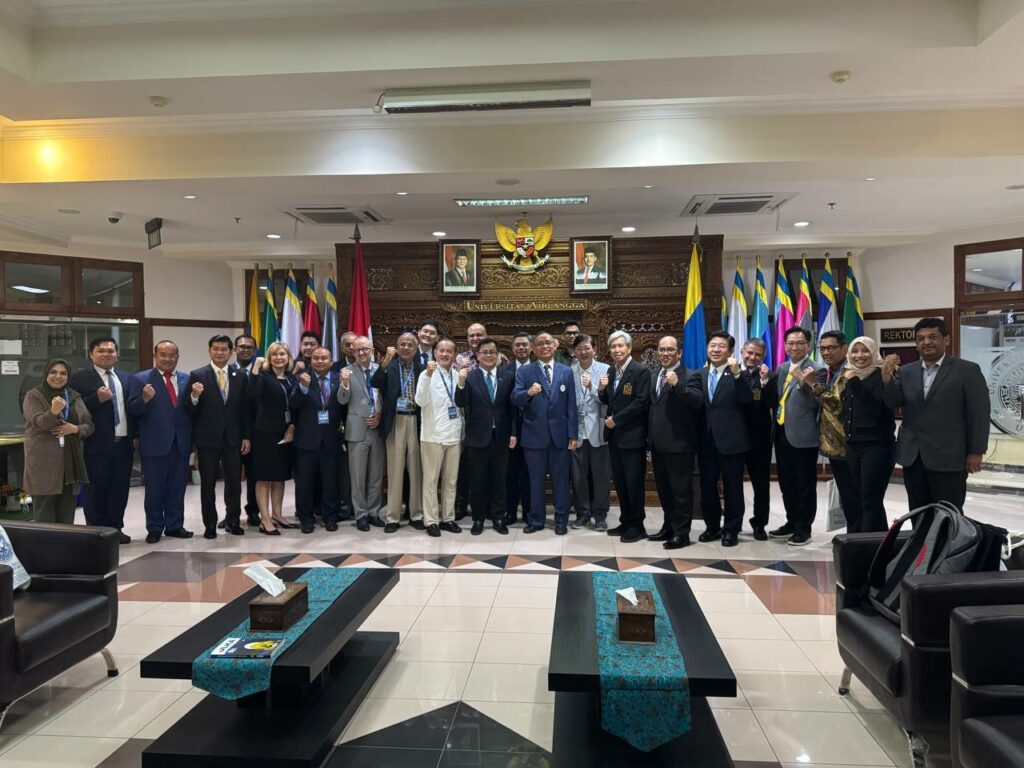
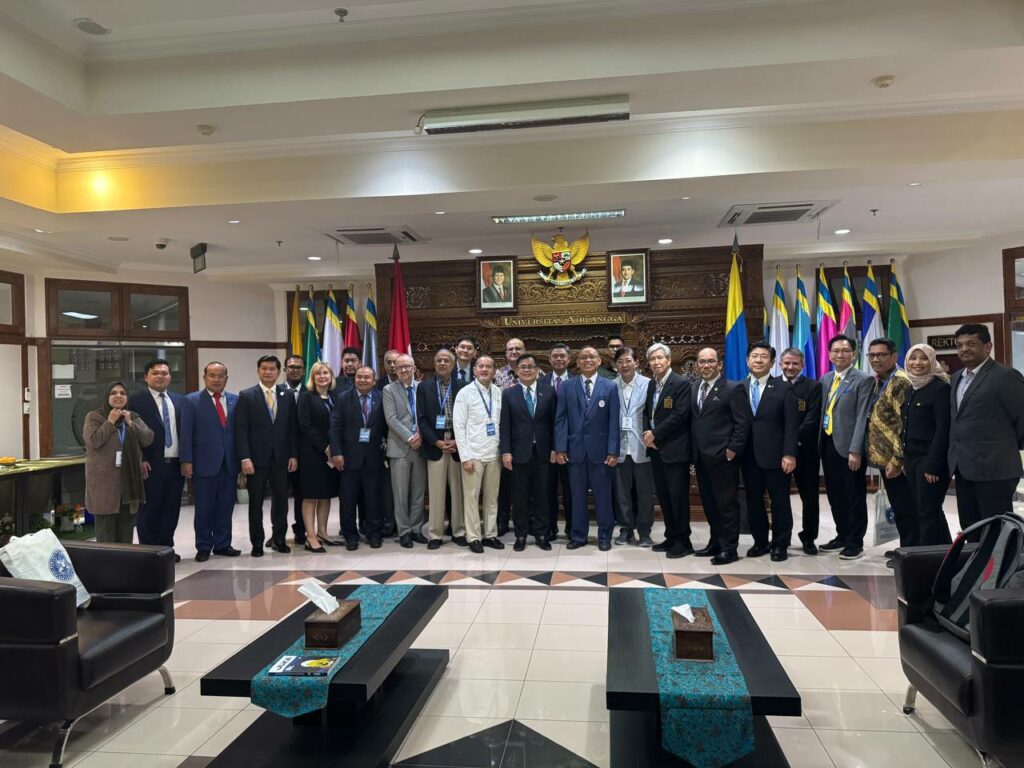
Joining the new president in leadership is the newly appointed secretary-general from Mahidol University, who will play a crucial role in coordinating the association’s activities leading up to the next conference.
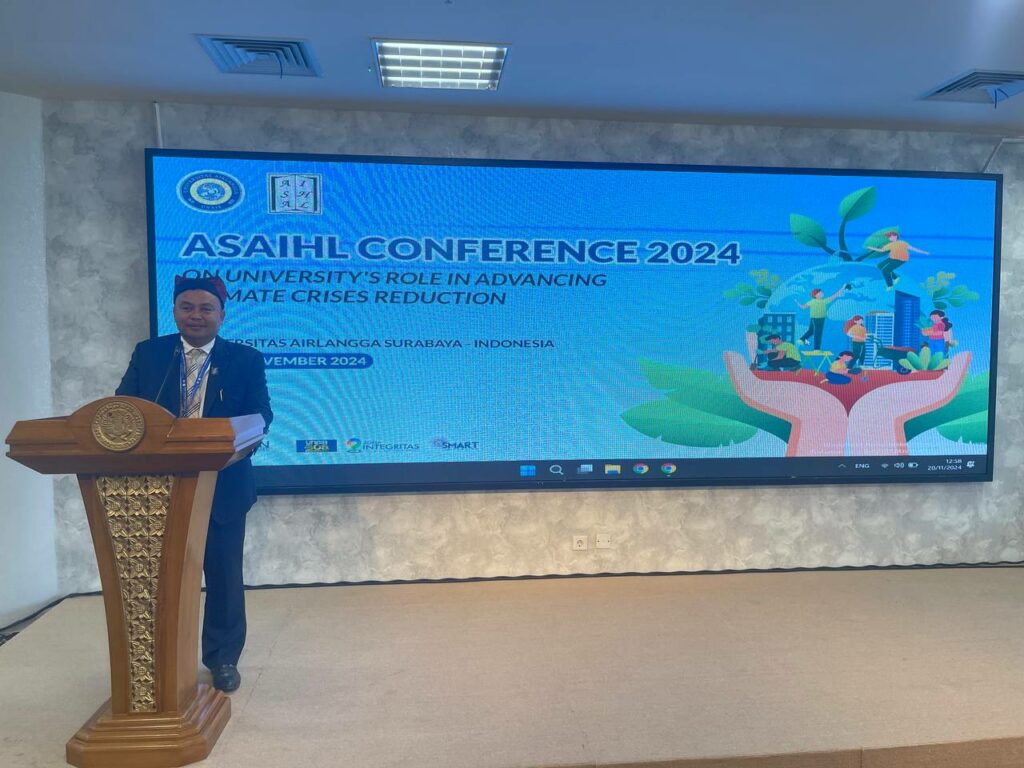
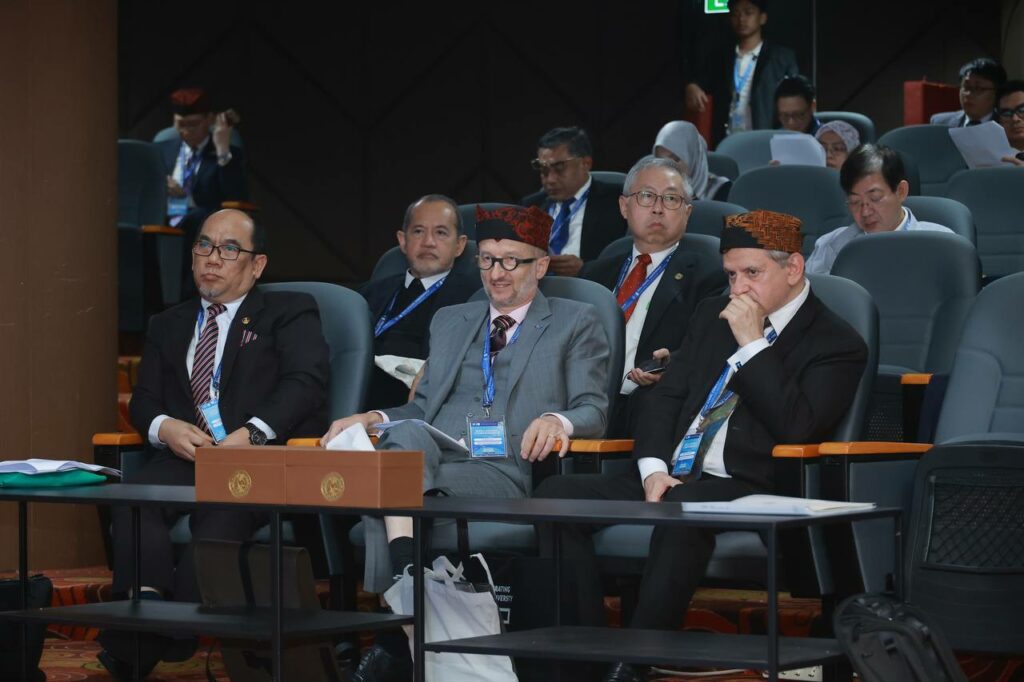
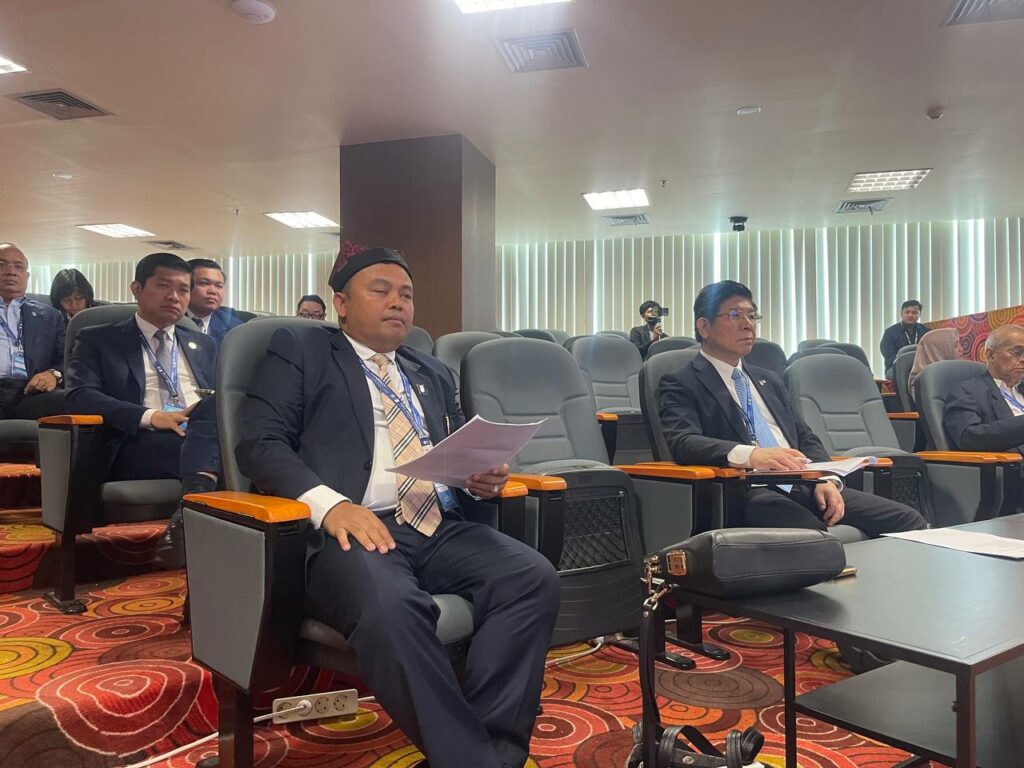
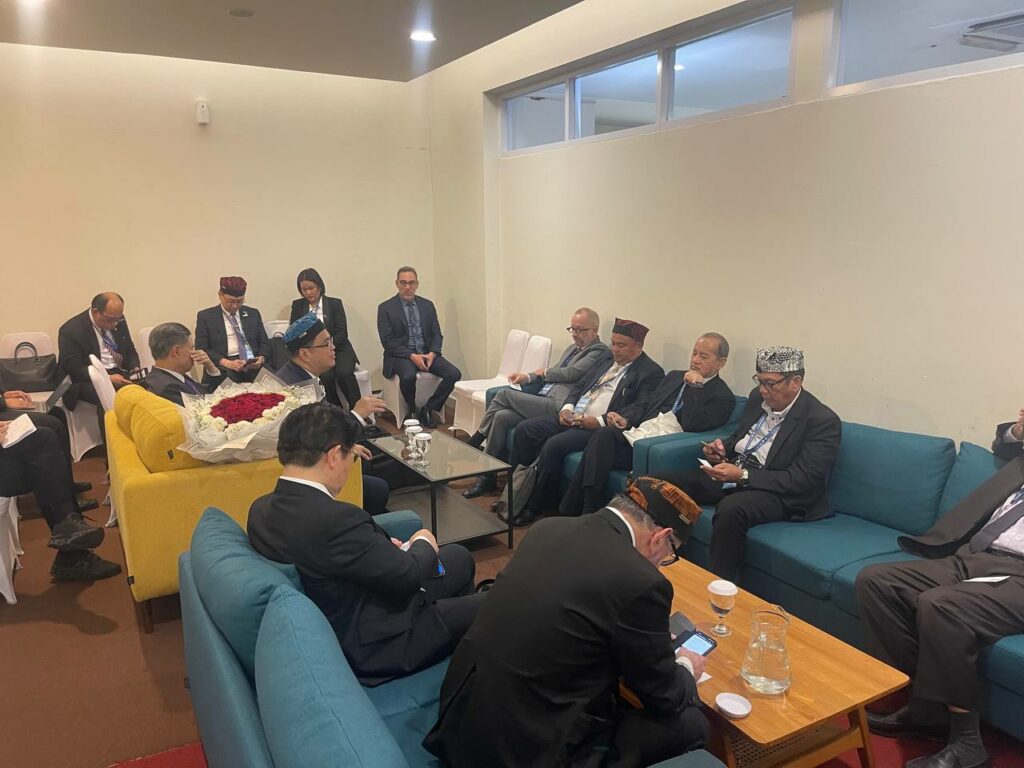
“This conference has underscored the vital role universities play in combating climate change,” said the newly elected president. “We are committed to fostering collaboration among our member institutions to drive meaningful environmental action.”
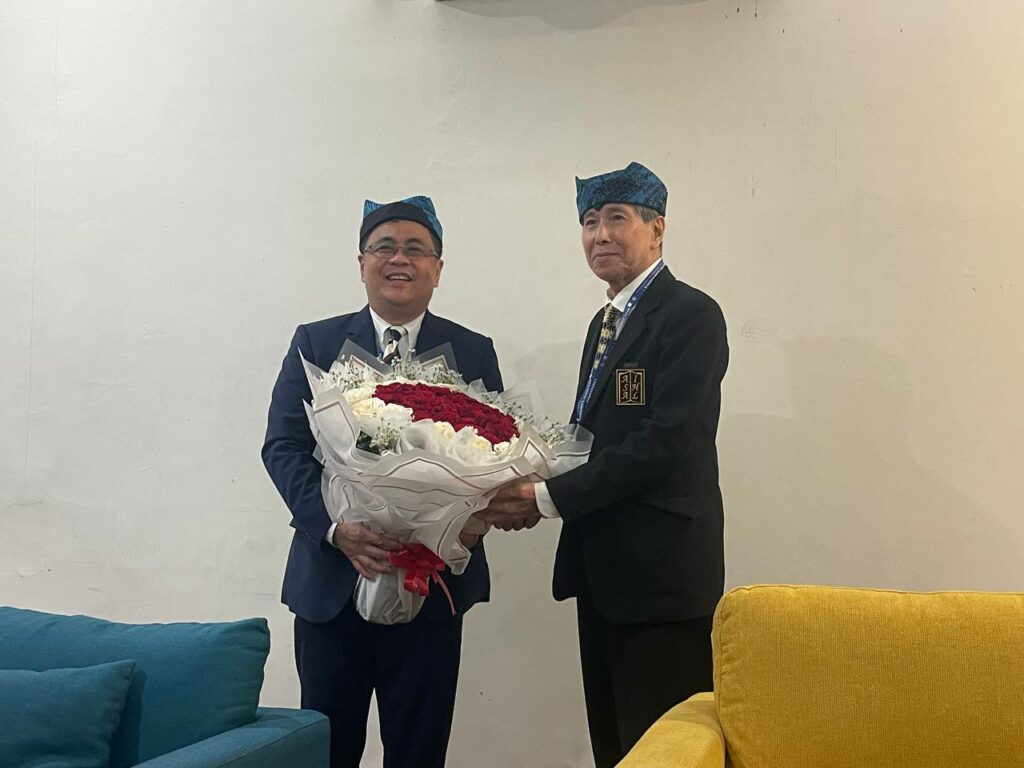
During the closing ceremony, ASAIHL announced that the next conference will be hosted by Bertie International University in Cambodia from July 6 to 8, 2025. The upcoming event will center on the theme “Digitalization in Education,” aiming to explore how technological advancements can enhance teaching and learning across Southeast Asia.
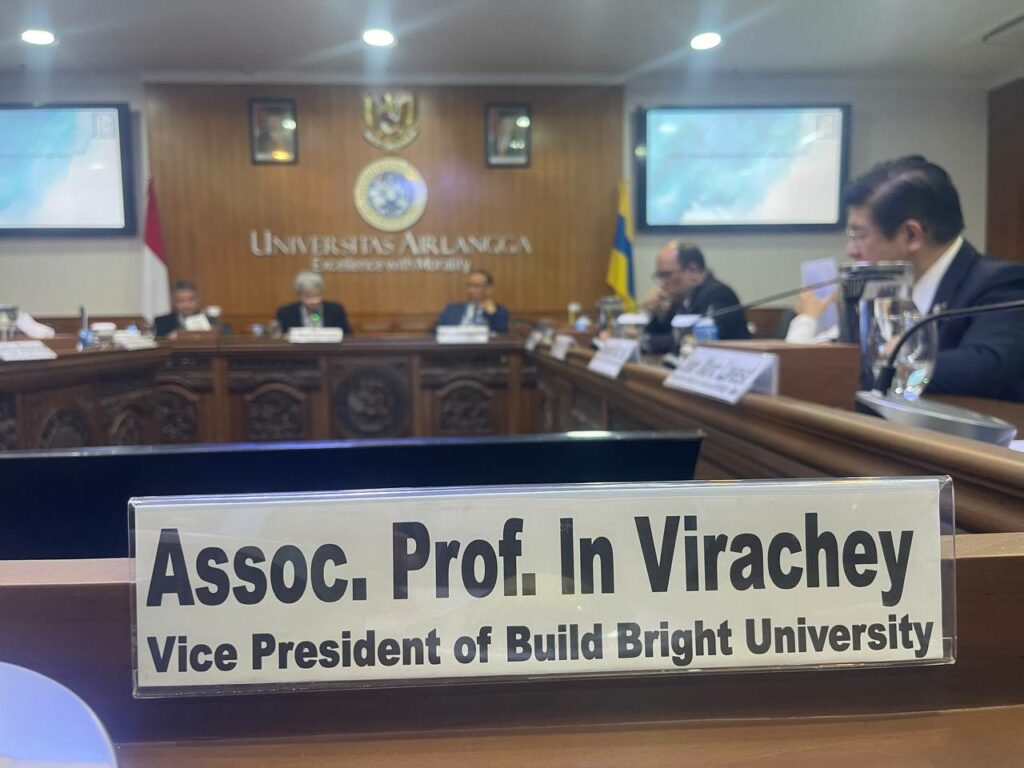
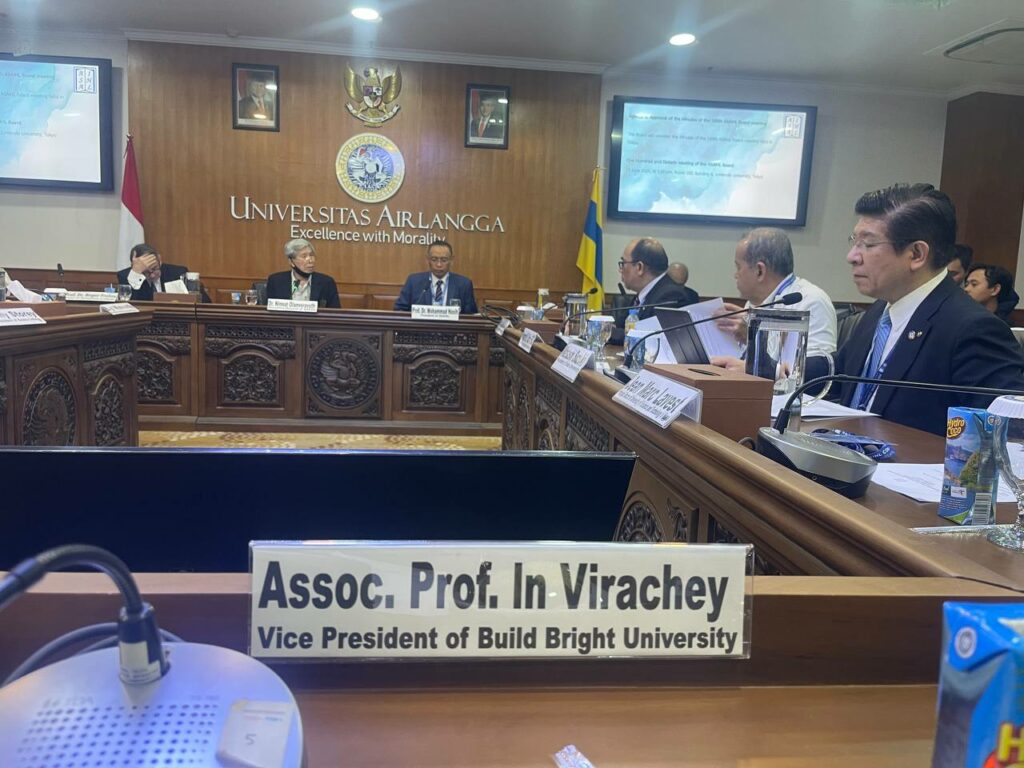
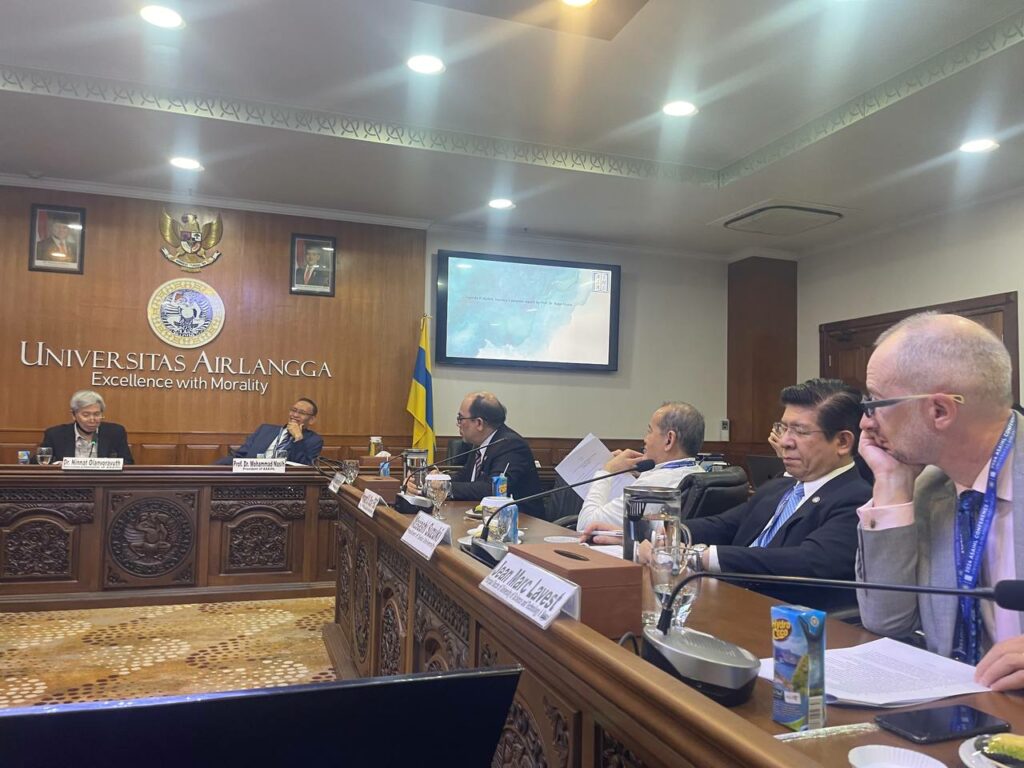
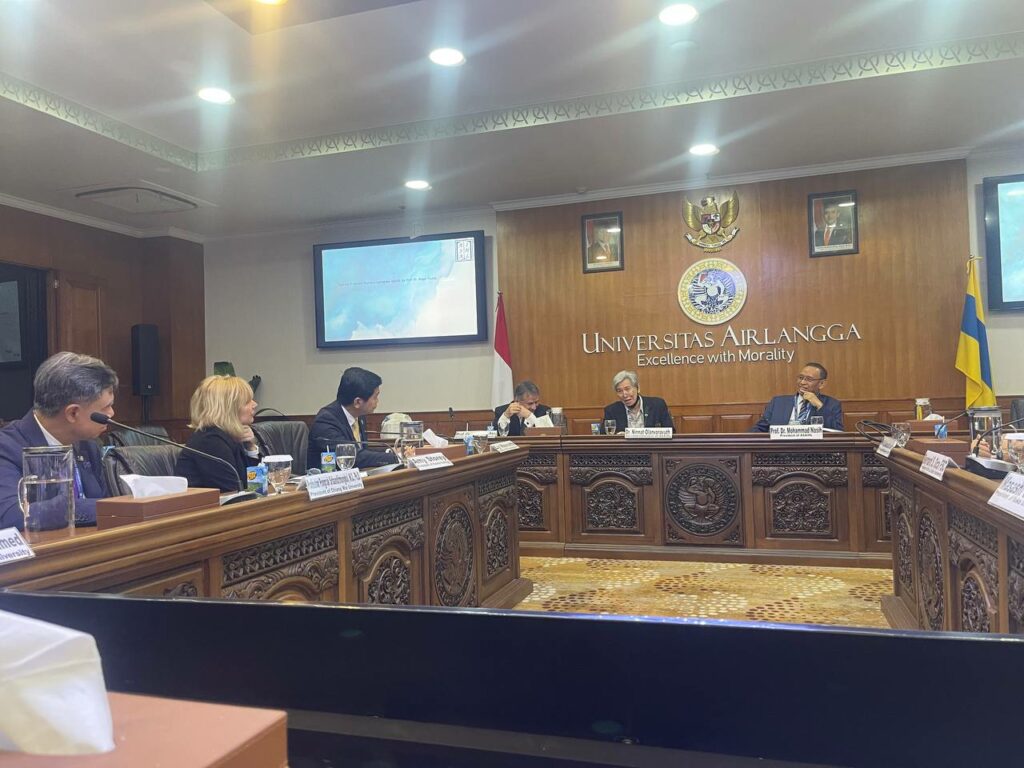
“The digital transformation of education is not just inevitable but necessary,” stated a representative from Bertie International University. “We look forward to welcoming delegates to Cambodia to engage in these important discussions.”
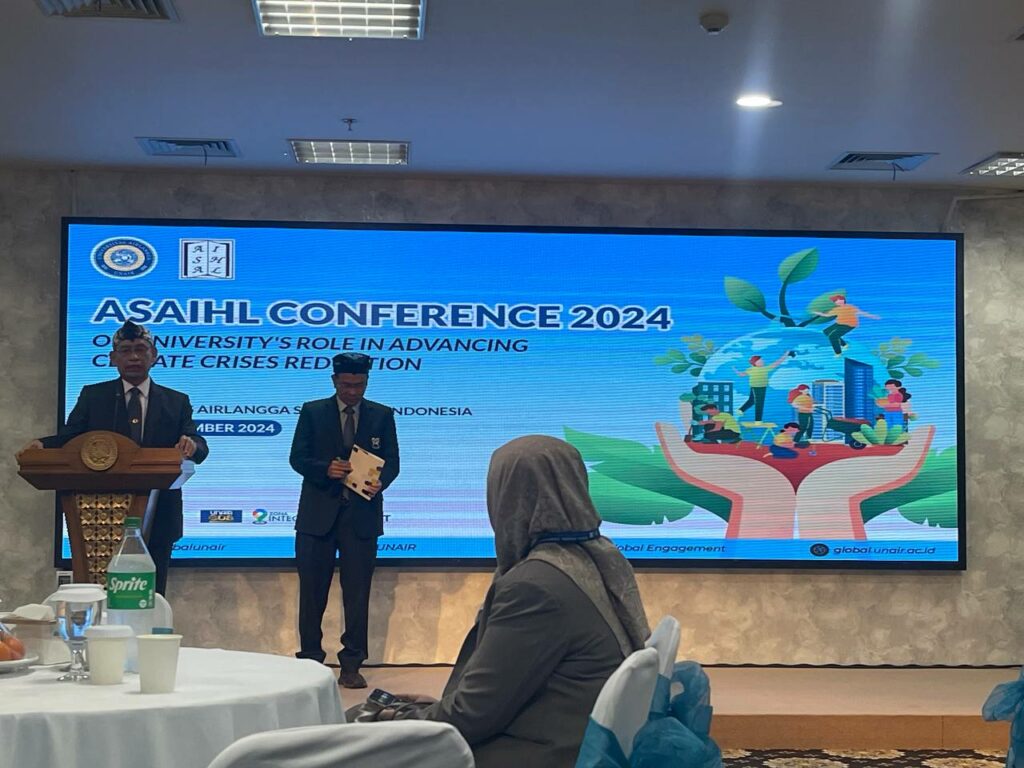
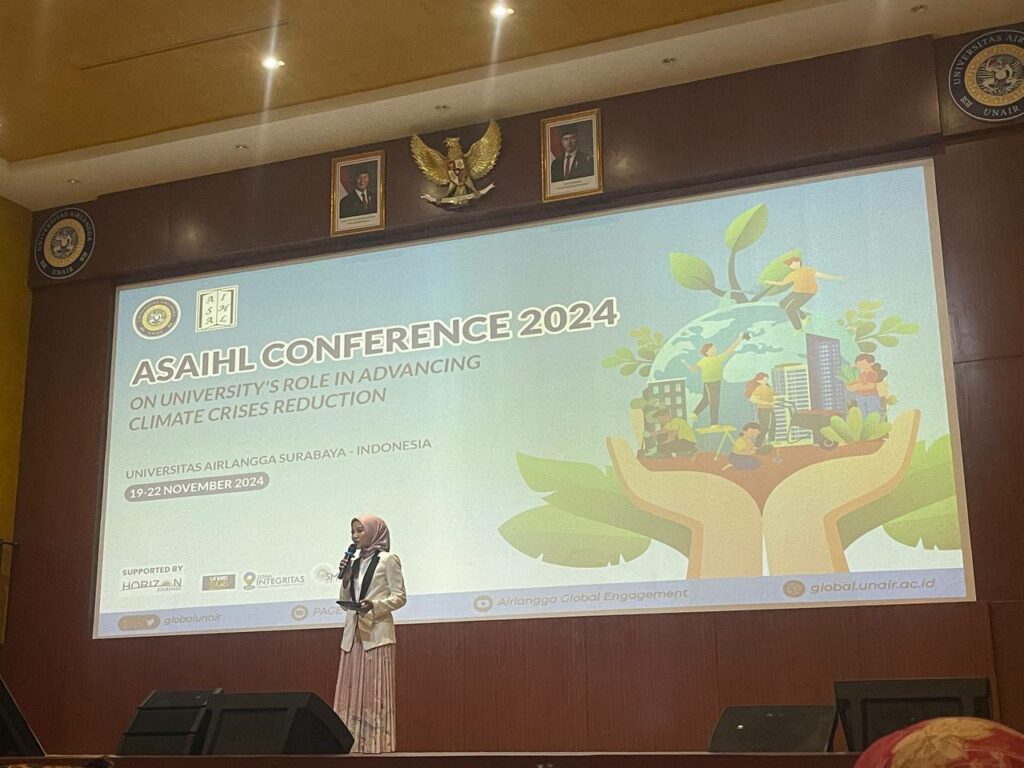
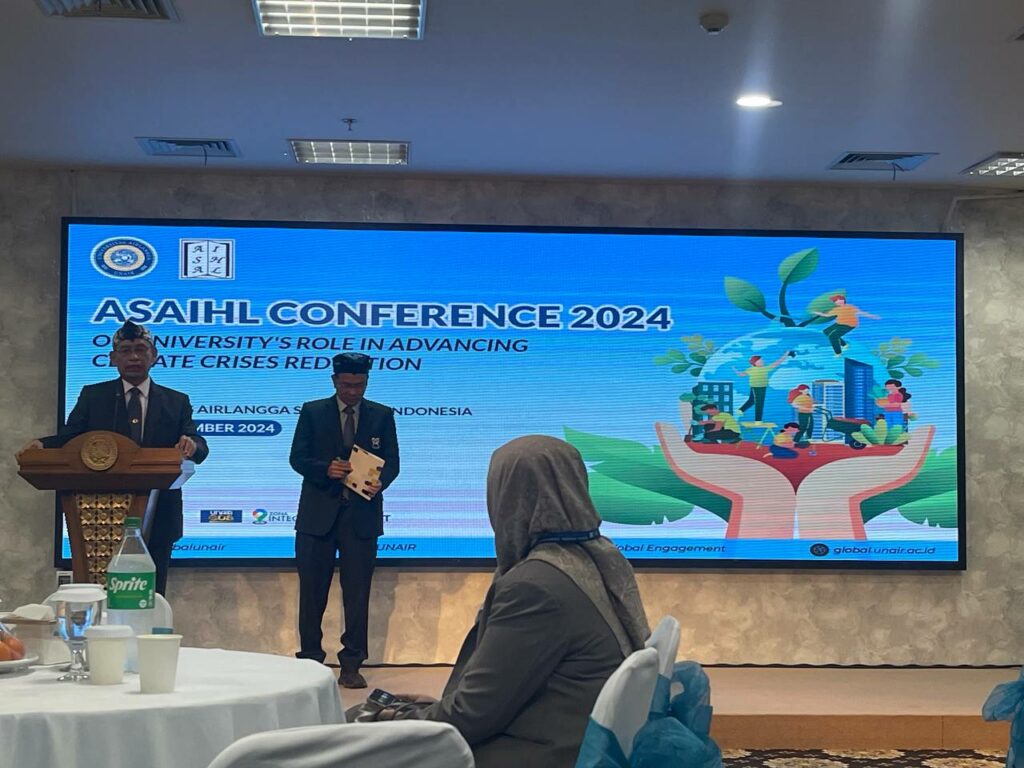
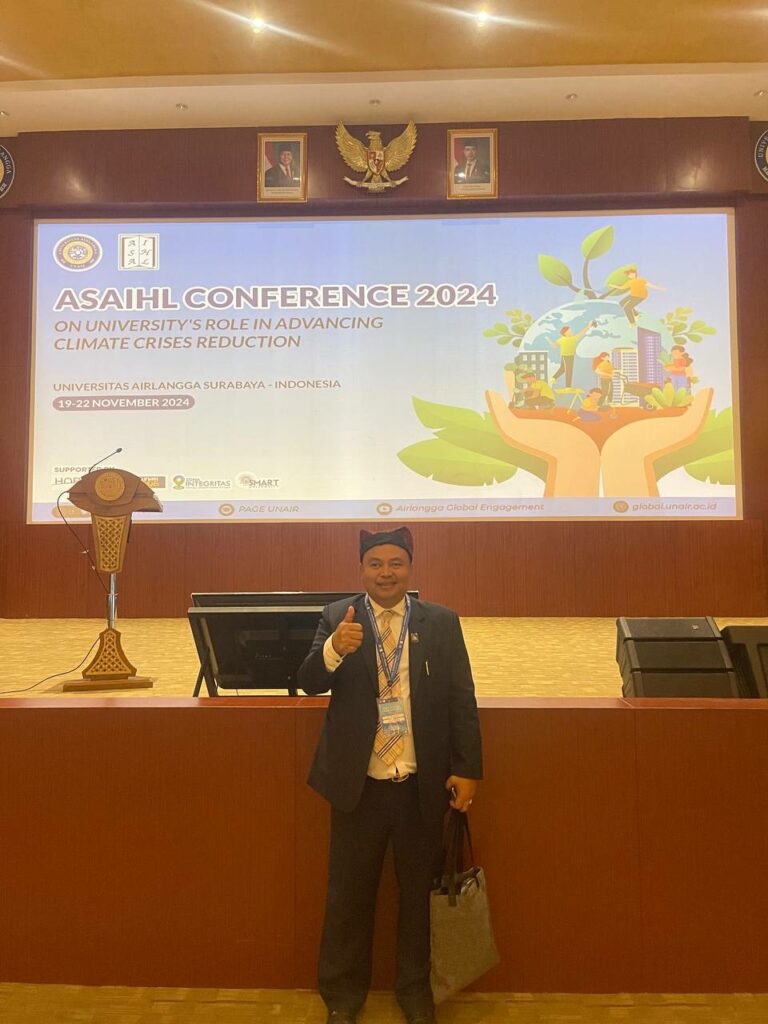
The Surabaya conference featured a series of workshops, panel discussions, and keynote speeches that highlighted innovative strategies for universities to reduce their carbon footprint and promote sustainability initiatives on campus and in their communities.
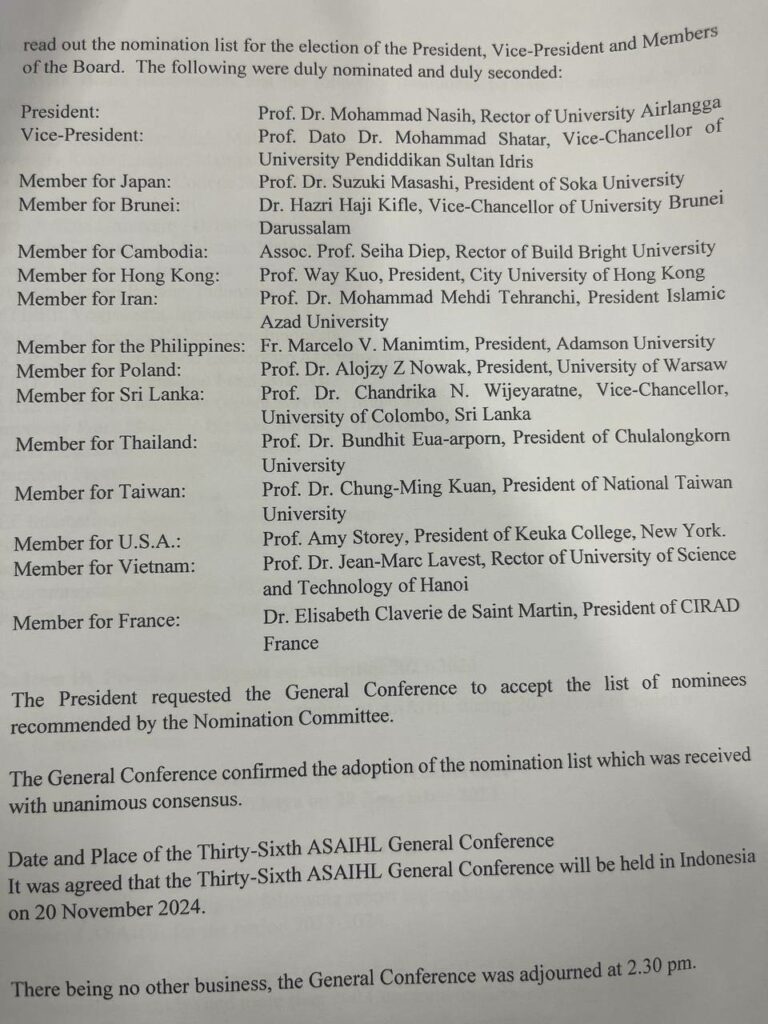
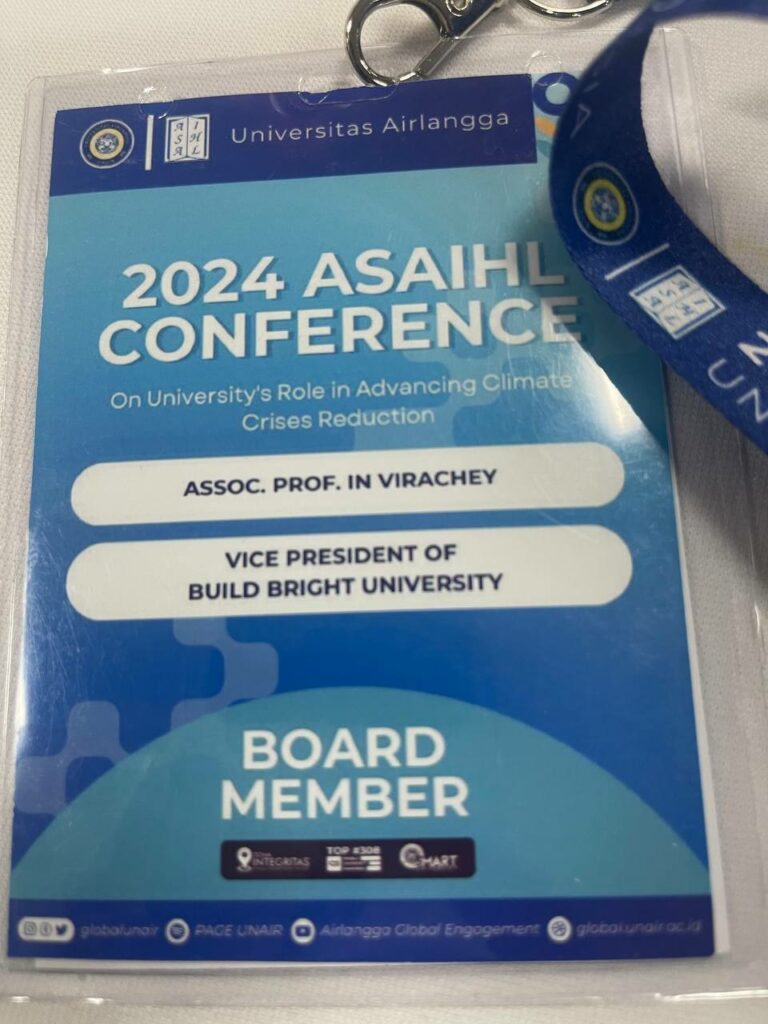
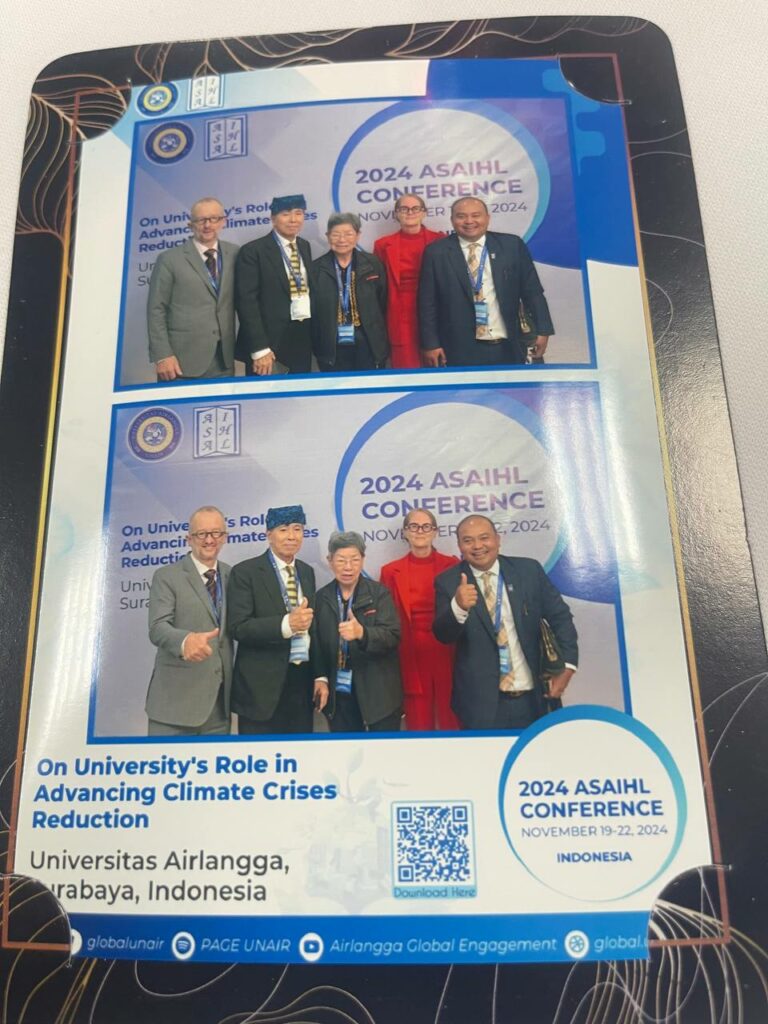
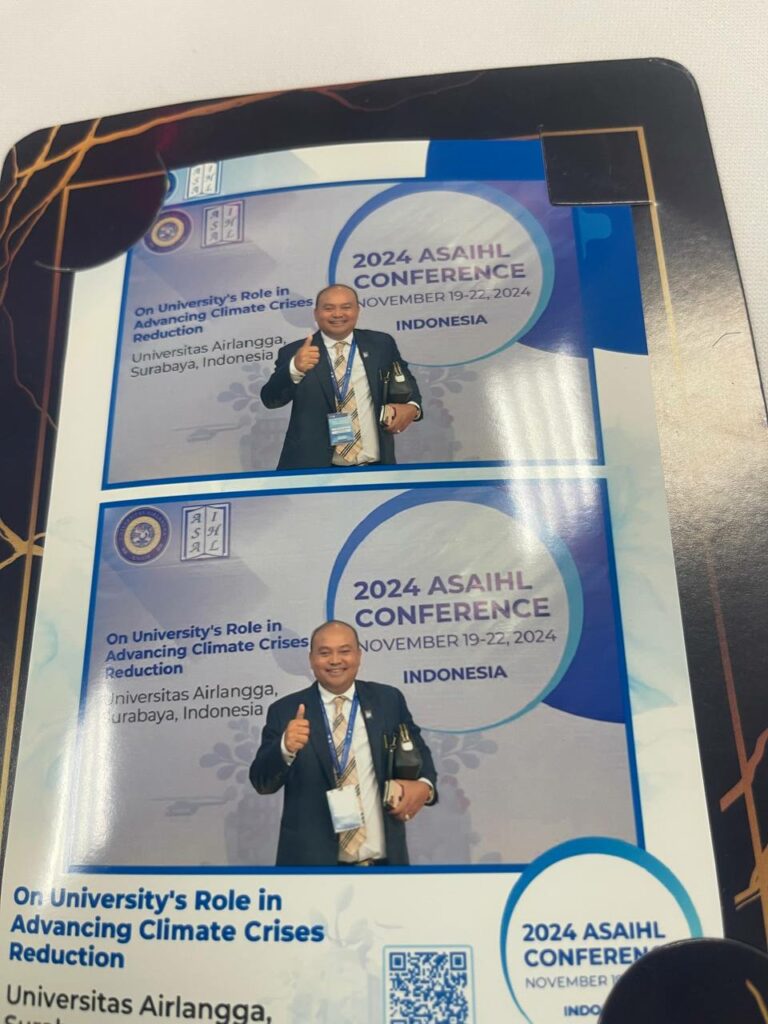
Participants expressed enthusiasm for the progress made during the conference and anticipation for the topics to be explored next year. The transition to digital education is seen as a critical step in making learning more accessible and effective in the rapidly evolving technological landscape.








